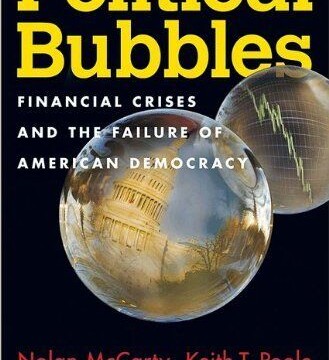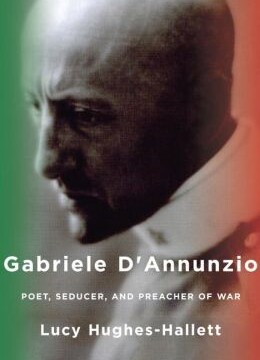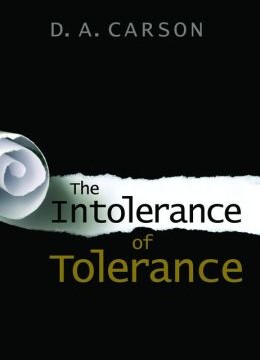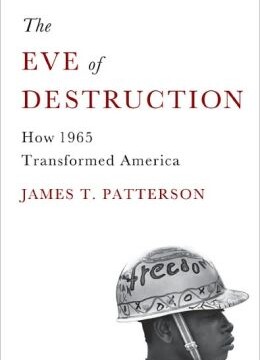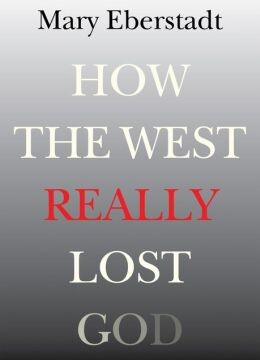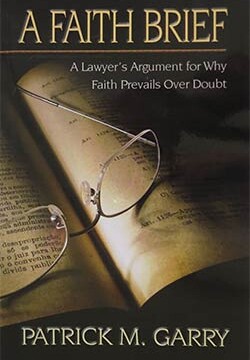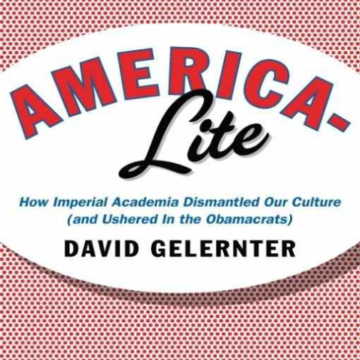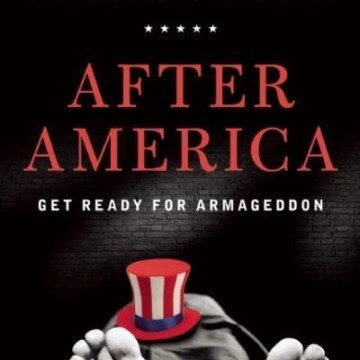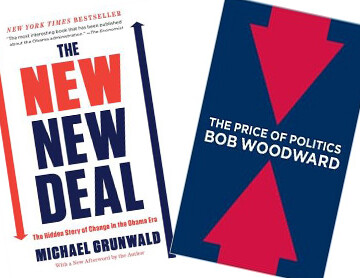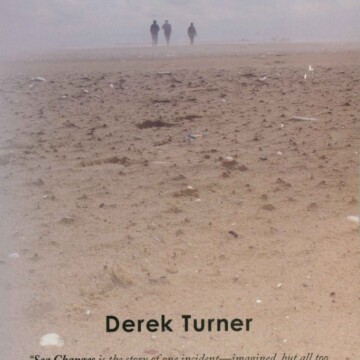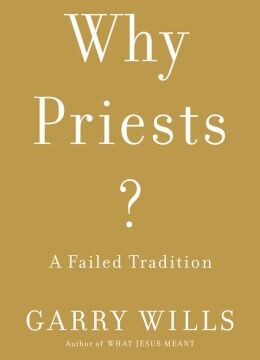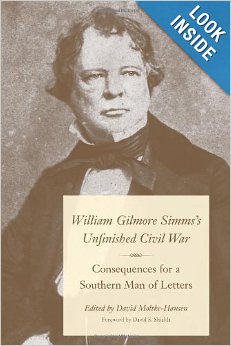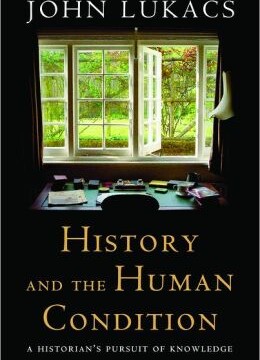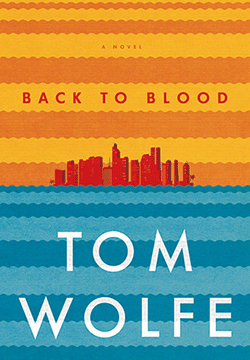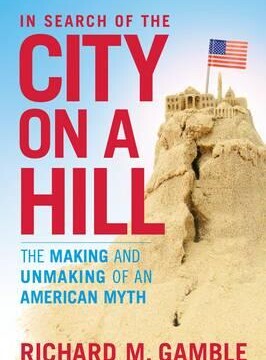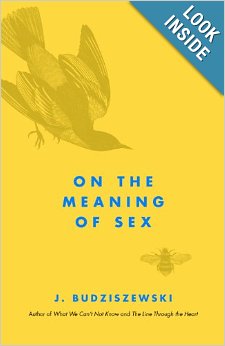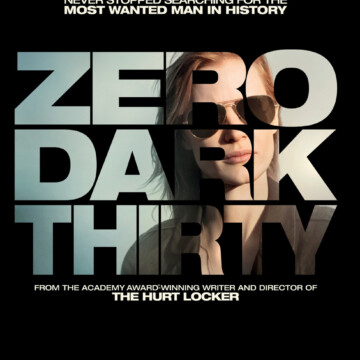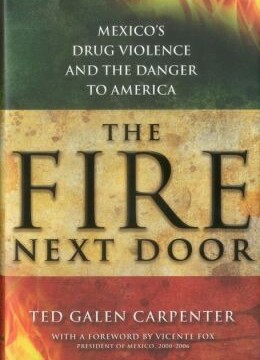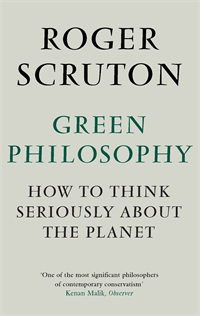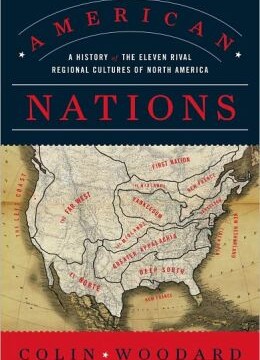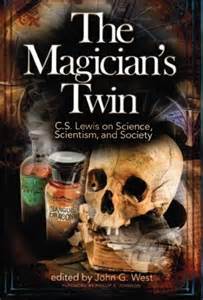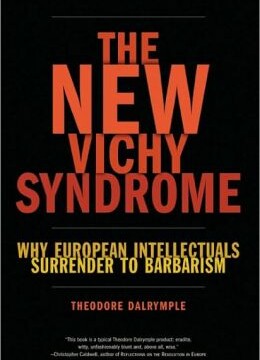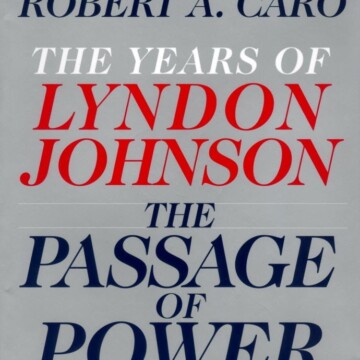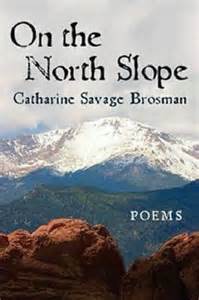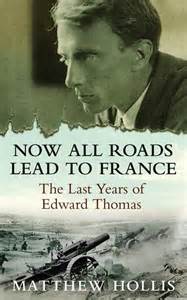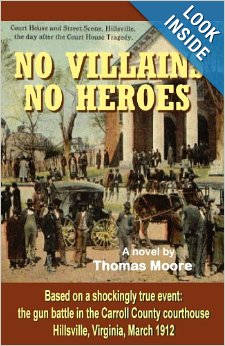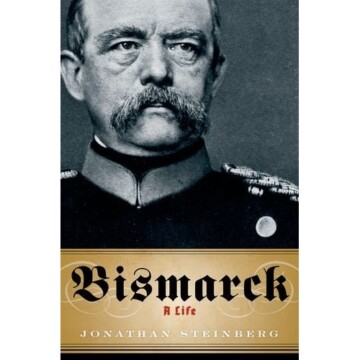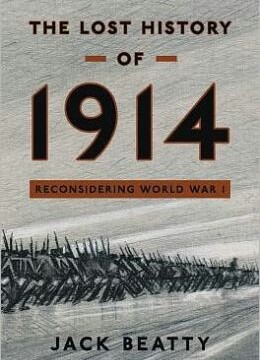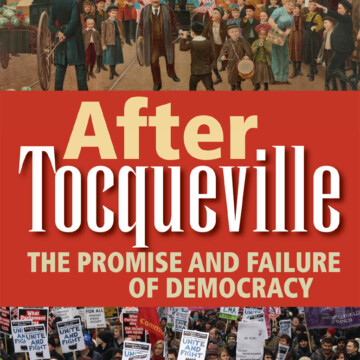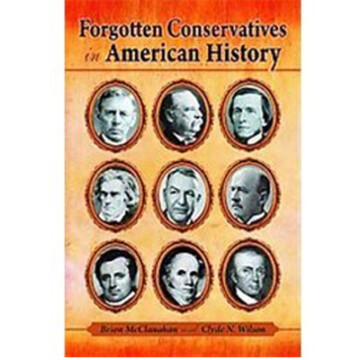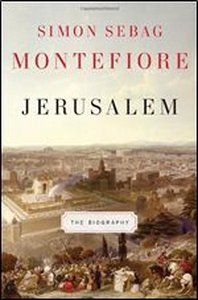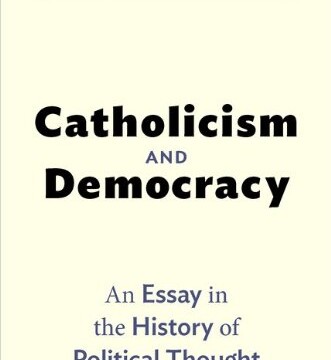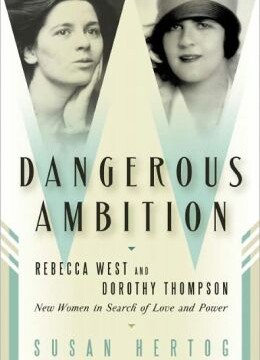Between 2000 and 2005 I found myself spending an increasing amount of time scratching my head. I had been researching and investing in financial-services stocks since 1992, but what I saw during that five-year span confounded me. Banks offered “ninja” mortgages—no income, no job, no assets—to any borrower brazen enough to walk into a branch...
Category: Reviews
The Pike
The French wordsmith Romain Rolland, himself no slouch at being derivative as a thinker, likened his Italian contemporary Gabriele d’Annunzio to a pike, the freshwater predator famous for lying still and snapping at whatever comes. What stood for prey in this simile were the ideas of d’Annunzio’s immediate literary predecessors or near coevals, which made...
Persecutions to Come
“The only true spirit of tolerance consists in our conscientious toleration of each other’s intolerance.” —S.T. Coleridge Consider the unfortunate case of Prof. Thomas Klocek, whose story is one of many examples of intolerance recounted in D.A. Carson’s most recent book. Klocek engaged in a brief debate with a group of Palestinian student activists at...
A Difficult Decade
James Patterson’s controlling idea is that the 60’s became the 60’s in 1965, and that this represented an “Eve of Destruction.” One struggles for about 300 pages trying to find out . . . destruction of what? The title comes from a long-forgotten song by a long-forgotten singer, Barry McGuire. “Eve of Destruction” did get...
Horses and Carriages
I don’t know whether I buy completely into Mary Eberstadt’s arresting title. How does anybody “lose” God the Father Almighty, Maker of Heaven and Earth (as the Nicene Creed impressively denominates Him)? He just kind of went south? Let that go. We get the general, and indisputable, idea, which is that relationships between God and...
Living the Good Life
Many generations ago, when our country was very new in the political sense but very old still in respect of its general culture, many educated men and women kept what were in those days called commonplace books, mainly a compendium of quotations gleaned from their quotidian reading. The practice lapsed a century and a half...
Faith in the Dock
What was once known as the West—Western Europe and North America—has largely abandoned its Christian roots and fallen into apostasy. In fact, it has succumbed to neopaganism—a practical atheism that, similar to 18th-century Deism, relegates God (if He exists) to a peripheral role in one’s life. People in increasing numbers do not believe it is...
The Country Against the Empire
A prophet and a polemicist, David Gelernter displays anything but a light touch in this attack on “imperial academia” and what it has wrought. Like most prophets, Gelernter the polemicist hopes to be proved wrong. Perhaps, with our culture dismantled and the “Obamacrats” in charge, the contest is over—game, set, and match. Tennis was once...
Joking Through the Apocalypse
Mark Steyn is the only neoconservative who can still make you laugh. David Brooks could, when he and I worked at the Washington Times in the mid-1980’s; he was great with the jokes in person and in writing. But after Brooks was hired at the New York Times in 2003, he took on the High...
The Post-Suburban Jesus
By a generous estimate, evangelical Christians are as much as one third of the U.S. population. In fact, they are the only Christian demographic that has shown exuberant growth in recent decades—a period during which church attendance overall has been steadily eroding. A significant part of this growth has taken place in the nondenominational or...
Targets Are Where You Find ‘Em!
To put this volume in perspective, we have to know that the cartoonist was a young amateur who actually considered making a career of the art, but was then drawn to another mode of expression—one which transcended, perhaps, her cartoons, but also sublated them. They were always a part of her imagination; the habit of...
Cigarette Holders, Nicotine Gum
Is President Obama a “change agent” on the level of Franklin D. Roosevelt, with a New New Deal comparable to FDR’s New Deal? Michael Grunwald’s book details the enactment and operation of Obama’s almost $800 billion stimulus bill, officially called the American Recovery and Reinvestment Act of 2009. Though he covers only the first months...
Mal de Mer
This novel inevitably invites comparison with Jean Raspail’s The Camp of the Saints (1973), published in France, as the English equivalent of Raspail’s famous book. The comparison is apt, so far as subject and politics go. But that, really, is the end of it. The Camp of the Saints describes the invasion of southern France...
Why Garry Wills?
Garry Wills identifies himself as a Christian. He says he accepts the creeds, along with prayer, divine providence, the Gospels, the Eucharist, and the Mystical Body of Christ as the body of all believers. He thinks it a bad thing that “article by article, parts of the Creed are fading from some churches.” He also...
The Mind of the South
That a tale should live, While temples perish! That a poet’s song Should keep its echoes fresh for all the hills That could not keep their cities! . . . So wrote William Gilmore Simms in his poem “The Lions of Mycenae” (1870). He was alluding to Aeschylus, Horace, and Homer, but was no doubt...
Late Autumn Light
I own almost every book written by John Lukacs—close to 40 now—and several in multiple editions, but never before have I spent so much time contemplating the cover of one of these volumes. It’s not simply that the jacket, designed by Sam Torode, is attractive, a model of simplicity and elegance: It seems significant. A...
Blood Will Tell
In Tom Wolfe’s America the Northern WASP elite is shallow and cowardly, the most sacrosanct minority groups seethe with ingratitude toward the majority and snarl at one another, culture is dominated by the conspicuous vulgarity of new and ill-gotten wealth, and manners and morals are in a catastrophic nosedive in which the relation of man...
Where Color Led
Yale University Press promises that Witness to History “will fascinate anyone interested in the great political figures of world history during the twentieth century.” On this book’s back cover, Alistair Horne hails John Wheeler-Bennett as “a gifted historian . . . one of the outstanding, though unsung, certainly unrepeatable Britons of his age.” It is...
A Sticker in Kentucky
Called by its sponsor, the National Endowment for the Humanities, “the highest honor the federal government bestows for distinguished intellectual and public achievement in the humanities,” the annual Jefferson Lecture has been delivered by such a variety of historians, scholars, novelists, and poets as to frustrate all efforts to descry a party line among them,...
Anarch’s Journey
Ernst Jünger was 20th-century Germany’s most prolific writer. Throughout his long life—he lived to age 102—he chronicled the upheavals of that most violent century. Despite his talent and output, Jünger remains virtually unknown in America. One reason is language; the other, politics. Jünger was an unrepentant man of the right. Yet no less of a...
America the Redeemer
Jesus’ words to his followers about the city on a hill, coming between references to salt without savor and the futility of hiding a light under a bushel, are admonitory, not congratulatory. Those upon whom the light has been bestowed are not to regard themselves as elevated, nor are they instructed to build a city. ...
Sex Matters
Rarely have I read in so few pages a book as thought-provoking and compelling as J. Budziszewski’s On the Meaning of Sex. Budziszewski, a Yale Ph.D. and professor of government and philosophy at the University of Texas, has grappled for years with the sad effects of our era’s shallow understanding of sex on the lives...
Maya at Half-Past Midnight
Zero Dark Thirty Produced by Columbia and Annapurna Pictures Directed by Kathryn Bigelow Screenplay Mark Boal Distributed by Columbia and Sony Pictures Those who read this column may recall how impressed I was by The Hurt Locker five years ago. As directed by Kathryn Bigelow and written by Mark Boal, it still is the...
A Yanqui Doodle Dandy
Henry Adams published his eponymous autobiography in the early years of the last century. Now, just about a hundred years after The Education of Henry Adams, we have The Education of Héctor Villa. America is center stage in both, but they are two very different Americas. The one Adams portrayed was on the rise and...
Giving Up, Giving In
“But what if Juárez is not a failure? What if it is closer to the future that beckons all of us from our safe streets and Internet cocoons?” —Charles Bowden, Murder City On September 30, 2010, David Hartley and his wife, Tiffany, were jet-skiing on Falcon Lake along the Texas-Mexico border when a speedboat approached...
Home Truths on Ecology
The relationship between Greens and Conservatives in England is notoriously fractious. Many conservatives see Greens as sub-Marxist semibeatniks, and many Greens see conservatives as military-industrial Morlocks. Yet etymology alone suggests that conservatism and conservationism should shade into each other, just as blue blends into green and back again in the color spectrum. And even if...
Mr. Eliot’s Double Life
These two massive volumes—the first published originally in 1988, the second now joining it with much fanfare—chronicle the period during which T.S. Eliot developed from the scion of a prosperous Midwestern family to the poet of The Waste Land and “Prufrock,” but also to a banker and one-man editorial staff of a fledgling new journal...
In God We Fail
The recent flood of secession petitions in the wake of the re-election of President Barack Obama has raised secession to something more than the curiosity or esoteric joke that it has been heretofore. In the 1990’s an occasional newspaper article appeared about the League of the South or the Vermont independence movement, treating them as...
That Hideous Absolutism
To the modern mind, religion and magic are related. Both are based on superstition, and both have been proved false by science. C.S. Lewis thought otherwise: Magic is more closely related to science. Both function as alternatives to religion, both lack skepticism, and, most importantly, both desire to control the world. Science, not religion, is...
The Sickness Unto Death
George Santayana’s dictum—“Those who forget the past . . . ”—has long since become one of those clichés beloved of high-school history teachers, who never tire of repeating it to their indifferent charges. But Santayana would surely have agreed that forgetting is sometimes necessary. To dwell obsessively on the past, as any spurned lover knows,...
I Get No Kick From Sham Pain
“Who reads?” That’s what I’ve heard more than once from an “English professor” who spends a lot of time online. Well uhuh, I say, sounding rather like Butt-head, I uh, um you know, read stuff, but he listens not to me. And I admit that I read less than I used to. On the other...
Institutionalizing Compassion
Writing in the mid-1980’s, Forrest McDonald observed that America’s founders would have recognized their handiwork as late as the early 1960’s, but not after. Despite technological changes, the Civil War, the Progressive Era, the New Deal, and two world wars, the governments most Americans dealt with were state and local. Except for the draft board...
Shadow of a Shade
The cover of this book describes the late Joseph Sobran as “one of the greatest essayists of the twentieth century” and notes that he has often been compared with G.K. Chesterton and H.L. Mencken. As a lifelong admirer of Mencken and his work, I must say that I find the comparison an unfair one—unfair to...
Portrait of Lincoln, With Warts
The publication of the last volume of William Marvel’s four-volume history of “Mr. Lincoln’s War” completes one of the more remarkable historical works of our time. Marvel is an “amateur,” nonacademic, historian. That is not a remarkable, but rather an old and honorable, thing. This is what is remarkable: I can think of no active...
The Joys of Winter
On the North Slope: Poems by Catharine Savage Brosman Macon, GA: Mercer University Press 129 pp., $17.00 The poems in this ninth full-length collection by Catharine Savage Brosman could have been composed only by a poet who has lived, studied, and written well through the spring, summer, and autumn and now on into the winter...
What Was Not Lost
The name of this book’s subject doesn’t appear in the text proper until page 14, and then as that of an adult attending the opening in London’s Bloomsbury of the Poetry Bookshop on January 8, 1913. The celebratory crowd was salted with poets, beginning with the proprietor, Harold Monro, who intended to use the store...
Destroyers and Keepers
On becoming an historian long ago, I was most attracted to the period of American history from Jefferson to the great conflict of 1861-65. Were I a young historian today, rather than one well over the hill, I think I would take up instead the Progressive Era—historians’ convenient label for a period covering roughly the...
An Epic Bogosity
Edmund Spenser (1554-99) decided while still a student to make himself into the great English poet on the model of Vergil. So he began his publishing career with a set of 12 pastorals, and planned an enormous 24-book allegorical romance-epic, The Faerie Queene, to glorify Elizabeth I and her Britain as Vergil had glorified Rome...
Diplomacy Good and Bad
These two volumes shed considerable light on the fateful events of 1945-46, events determinative of much that followed in American foreign relations. The first argues that, had Franklin Roosevelt lived, even if for only another year, postwar history would have been altogether different. The second, by an experienced “realist” foreign-service officer, views the postwar developments...
A Giant Maligned
The “Great Men” of history were mostly mad or bad, and often both. To be driven by pride, vanity, and ruthless ambition is common and unremarkable. That drive is not sufficient to leave a lasting mark on the affairs of mankind, of course, but it is necessary. It is therefore redundant to dig diligently into...
A People’s Worst Enemy
John Lukacs saw it as the great chasm dividing two centuries. George F. Kennan called it “the great seminal catastrophe of the twentieth century.” The adjective in the title of The Lost History of 1914 refers to the five ways in which the Great War might not have happened—five lost paths leading to peace. Though...
The Magnetic Chain of Humanity
As Alan Wolfe noted in a broadside published in The New Republic in 2003, the study of American literature, especially in American Studies programs at our major universities, has, since the 1970’s, become little more than a vituperative exercise in anti-American polemics. Largely a confabulation of Latino, Native American, African-American, feminist, “queer,” and “whiteness” theorists...
How We Got Here
It’s very well indeed to find an author of Chilton Williamson, Jr.’s distinction and intelligence bidding us to a discussion of democracy. We need to have such a discussion. And if you really want to know why we need to have it, consider the tenor of national conversation during the presidential campaign. Take, for instance,...
A Republic Not Kept
This book might have been called “Forgotten Figures in Real American History”—a social and intellectual reality, tradition, and political-economic program whose life ended, effectively, in 1861, though many dedicated public and literary men (including most of the contributors to this journal) have devoted—or rather sacrificed—themselves to resuscitating it, or at least to keeping its memory...
One City, Three Faiths
Simon Sebag Montefiore’s latest book is an ambitious yet incomplete survey of Jerusalem’s history. It begins with the Exodus from Egypt and concludes with the reunification of the Holy City under Israeli rule in 1967. Unlike the author’s magisterial biographies of Stalin, which demonstrated an excellent knowledge of the relevant material and brought to light...
An Unruly Character
In his own time “Rare Ben Jonson”—sometime bricklayer, soldier, actor, dramatist, poet, critic, self-publicist, and personality—became a celebrity. When, at the age of 46, and weighing about 280 pounds, he set off to walk from London to Edinburgh, the houses of the wealthy and fashionable were opened to him, and—as this biography tells us—even ordinary...
Maistre in the Dock
In September 2010, Émile Perreau-Saussine, age 37, was rushed to Addenbrooke’s Hospital in Cambridge, U.K., with chest pains. The junior physician on staff misdiagnosed his condition and thus failed to prevent his death hours later of a massive heart attack. This tragic incident is much more than a sad commentary on the quality of socialized healthcare...
A Study in Courage
As one who dislikes “psycho-biography” as a genre, I was fully prepared to dislike this dual biography of Rebecca West and Dorothy Thompson. I was somewhat disarmed by the author’s Introduction, in which she attributes to West the observation that it was impossible for biographers to know anything beyond the bare facts about the details...
By Merit Raised
“Satan exalted sat, by merit raised To that bad eminence; and, from despair Thus high uplifted beyond hope, aspires . . . insatiate to pursue Vain war with Heaven . . . ” —John Milton In his most recent book Charles Murray argues that over the course of more than five decades American society has...
Caring About the Glock
To realize, even delusively, that knowing a little implies knowing a lot because the one is related to the other is to me a great comfort. If, for example, we know one subject well, an understanding of other parallel subjects is implied. Knowing the history of a city says much about the development and decay...
